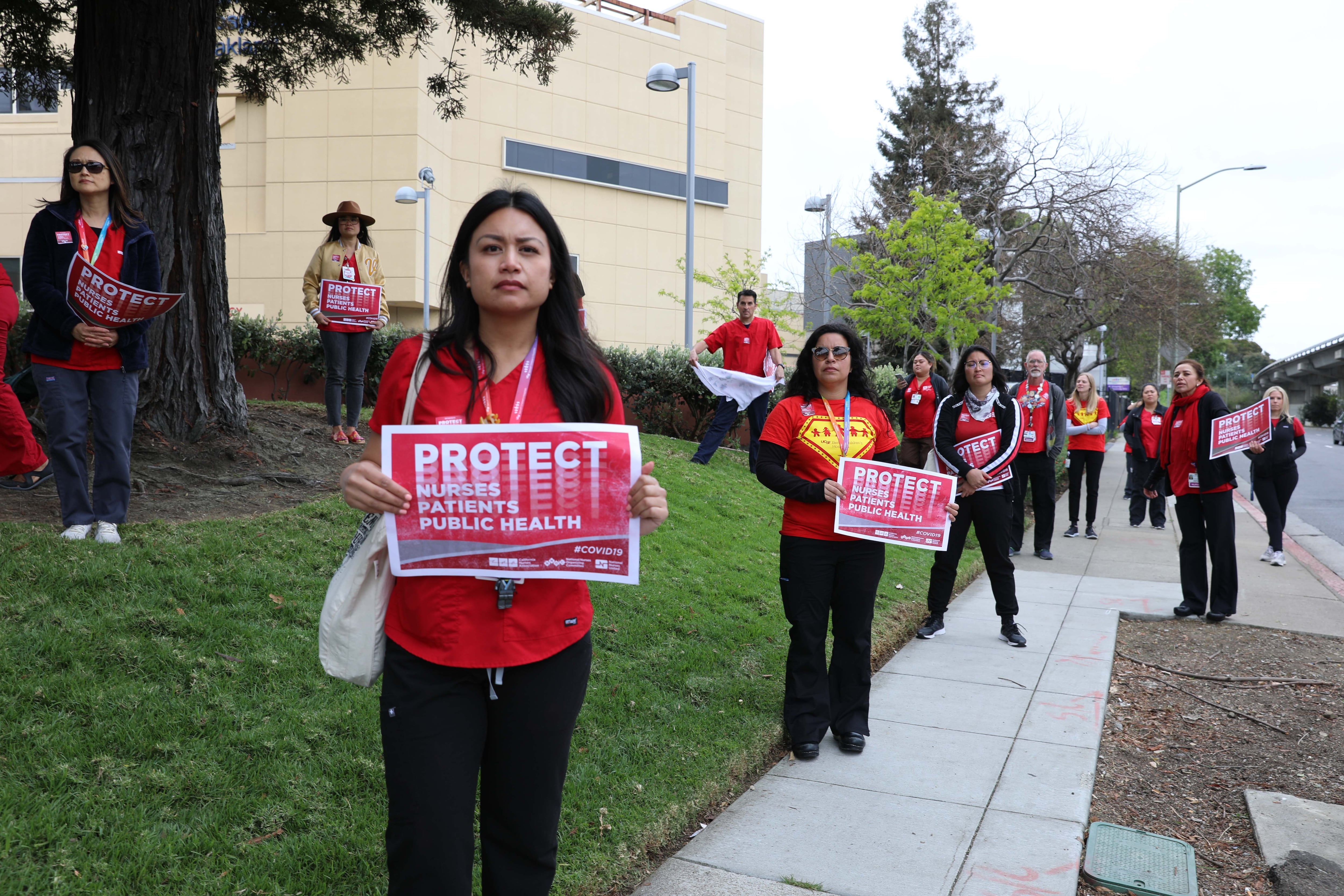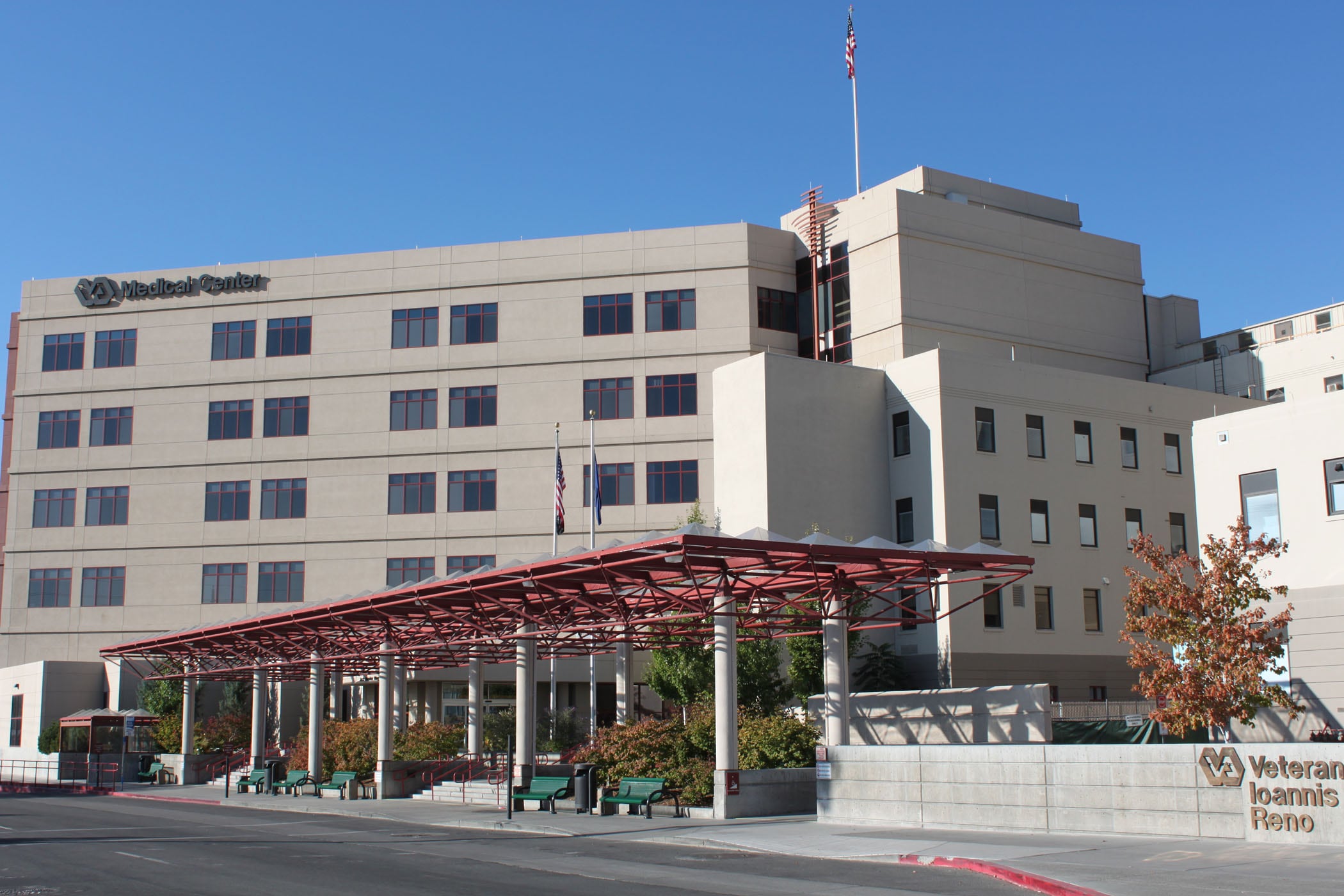Since Veterans Affairs leaders reported the first death of a VA patient from coronavirus in mid-March, the number of positive cases — and fatalities — in the department’s health system has risen dramatically.
As of Friday, 200 patients have died from the illness in the VA system. That’s an increase of 26 fatalities from Thursday, marking the biggest one day increase the department has seen so far. On March 30, the total death toll was less than 20.
VA officials have offered only partial details of the deaths. Only one death involved a patient younger than 50. On Thursday, officials noted the first death of a VA patient older than 100, a veteran at New York City’s Brooklyn medical center. No other information was given.
RELATED

Across all VA sites, 3,700 patients in VA care have tested positive for the fast-spreading virus. That’s about 12 percent of all of the cases tested by the department, and is almost double what it was on April 2. However, the daily rate of growth in new cases has been under 10 percent for six consecutive days.
In addition to the patient statistics, at least 1,100 VA health care employees had tested positive for the virus as of April 8. Department officials on Wednesday said seven deaths have occurred among staffers in at least five sites: two in Reno, Nev., and one each at VA hospitals in Ann Arbor, Mich., Detroit, Indianapolis and Houston. The location of the seventh death wasn’t immediately known.
Based on information released by VA health officials, here are the VA medical centers currently dealing with coronavirus cases:
The increases in sick patients come amid growing reports detailing shortages in staffing and protective equipment at sites throughout the veterans health system.
The Wall Street Journal reported on Thursday that internal VA memos revealed “serious” shortages of protective gear for health workers even as department officials publicly downplayed any concerns. A separate report by Buzzfeed this week showed individual VA hospitals beginning to ration supplies even as leaders insisted they were well stocked.
In a statement, department leaders have promised “an aggressive public health response to protect and care for veterans, their families, health care providers, and staff in the face of this emerging health risk.”
RELATED

That includes work with the Centers for Disease Control and the possibility of accepting some non-veteran patients at VA medical centers to provide relief to overtaxed local health care systems.
Earlier this week, VA Secretary Robert Wilkie announced during a White House briefing that he would open about 1,500 beds nationwide to communities in need of extra resources, despite the increasing coronavirus numbers within the VA health system.
VA officials have said that opening those areas to non-veteran patients will not hurt delivery of care to any veterans who need it.
Officials also said any veteran with symptoms such as fever, cough or shortness of breath should contact their local VA facility before visiting to determine their next steps.
Leo covers Congress, Veterans Affairs and the White House for Military Times. He has covered Washington, D.C. since 2004, focusing on military personnel and veterans policies. His work has earned numerous honors, including a 2009 Polk award, a 2010 National Headliner Award, the IAVA Leadership in Journalism award and the VFW News Media award.









